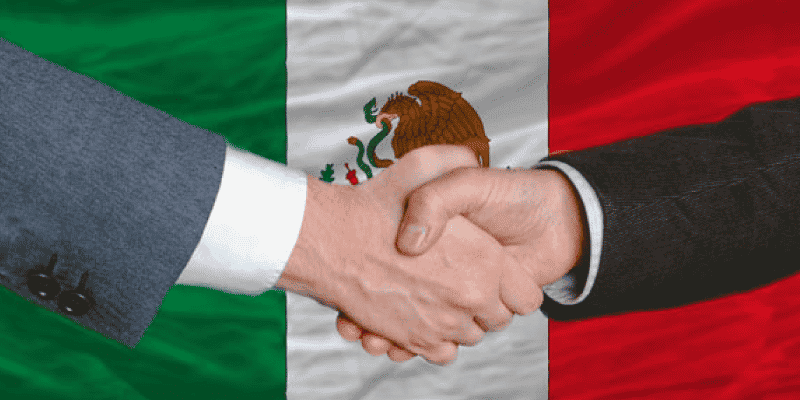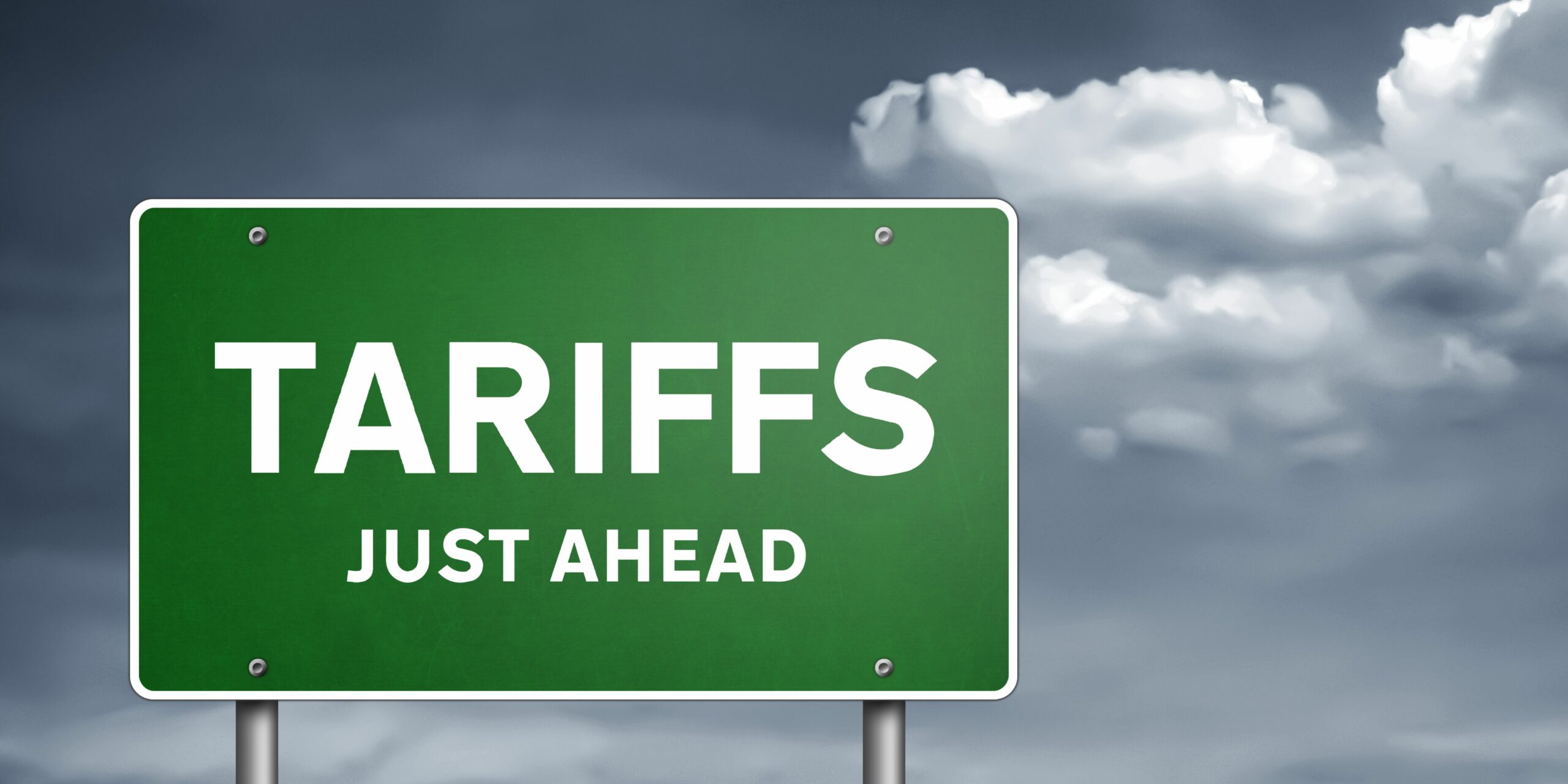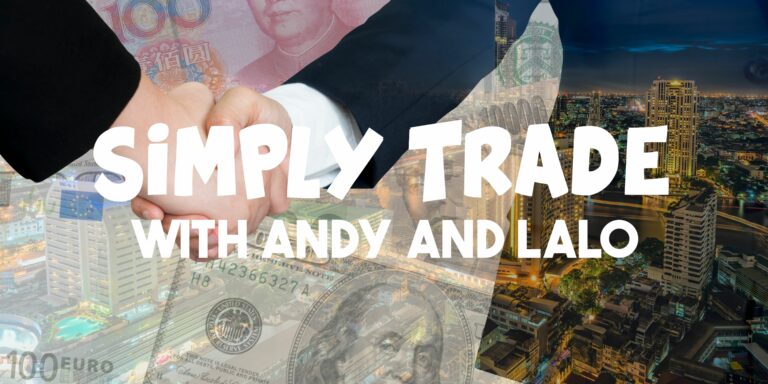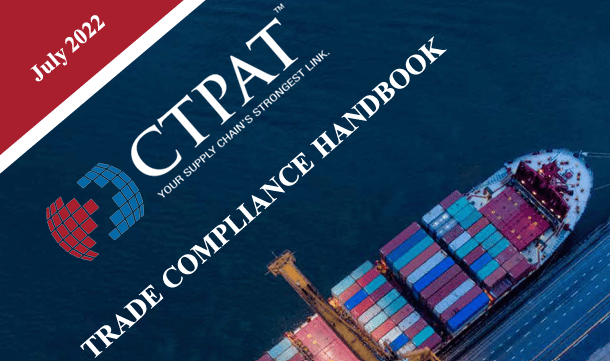Tariff Tango in Mexico: Protecting Domestic Industries Amidst Global Uncertainty
In an effort defeat global uncertainty in its economy, the Mexican Ministry of Economy announced the implementation of tariffs ranging from 5% to 25% on selected products. These tariffs, set to be effective from August 16, 2023, until July 31, 2025, intend to provide a lifeline to struggling sectors. Among the products subject to the maximum tariff are cardboard boxes, tires, denim, lead, guitars, nuts, screws, and more.
But that’s not all – the government has its sights set on protecting a wide range of industries. Tariffs will also be applied to aluminum, steel, bamboo, rubber, chemicals, oils, soap, paper, cardboard, ceramics, glass, electrical materials, musical instruments, furniture, and more. It seems like no industry is immune to the protective measures.
The Mexican government argues that it has a responsibility to its domestic industrial sectors and aims to eliminate trade imbalances while adhering to international law and commitments. These tariffs are designed to create fair market conditions, provide certainty, and support the recovery and development of the national industry. It’s a bold move, but will it yield the desired results?
These protective measures come at a time when several industrial sectors are grappling with the economic fallout of the COVID-19 pandemic. The crisis has led to a slowdown in various industries, forcing the government to take action. Additionally, the Organization for Economic Cooperation and Development (OECD) recently highlighted the global steel supply surplus. This surplus has put immense pressure on producers to find ways to dispose of excess products. The Mexican government seems determined to address these challenges head-on.
While the guidelines did not specify which countries’ imports would be taxed, it is widely believed that countries without free trade agreements, such as China and other Asian countries, would be most affected. The goal, it seems, is not to isolate Mexico but to level the playing field and protect domestic industries from external competition.
As with any policy decision, there are always two sides to the coin. Critics argue that tariffs can lead to increased prices for consumers and potential retaliation from affected countries. On the other hand, proponents believe that these measures are necessary to safeguard domestic industries and promote self-sufficiency.
Only time will tell if these tariffs will have the desired effect. In the complex world of global trade, finding the right balance between protecting domestic industries and fostering international cooperation is no easy feat. As the journey unfolds, we will be watching closely to see how this chapter in Mexico’s economic story unfolds.
Source: https://mexiconewsdaily.com/business/mexico-expands-tariffs-on-483-products-to-protect-domestic-markets/

Exporting to Mexico Course
This Export to Mexico Course is designed to help organizations understand the legal trade requirements of doing business in Mexico, and cultural differences, and provide an opportunity to focus on establishing/updating operations and establish internal procedures that will enable companies to practice a level of reasonable care required by both United States and Mexican governments.






